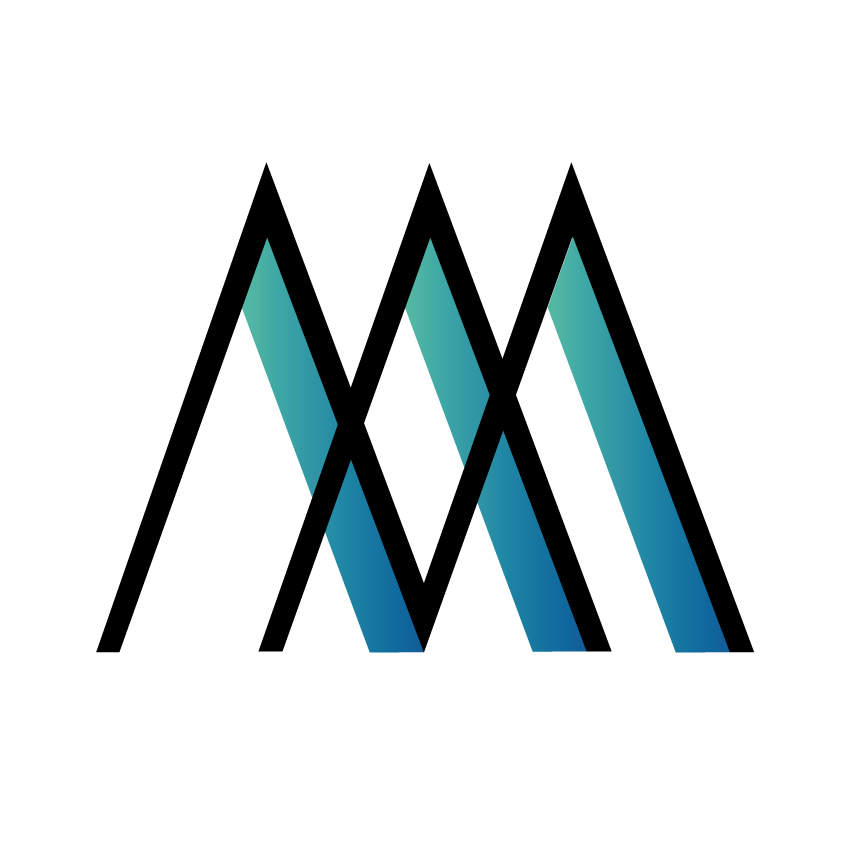The rapid advancement of Artificial Intelligence (AI) is no surprise to anyone. This technology has touched every industry, and graphic design is no exception.
From logo creation to automatic generation of visual content, AI has proven to be a powerful tool for designers. However, this raises a common question: Will AI replace graphic designers? Let's explore this issue and how AI is transforming personalized design.
AI as the Designer’s Ally
Before panicking about robots replacing human designers, it’s important to understand how AI works in design. Rather than replacing humans, AI complements their skills by providing tools that accelerate and enhance the creative process.
For example, AI tools like Adobe Sensei or Midjourney can analyze design trends, suggest color combinations, or even generate mockups from textual descriptions. This allows designers to focus on the more creative and strategic aspects of a project while AI handles repetitive or data-driven tasks.
The Power of Personalized Design
One of the biggest fears is that AI will homogenize design, producing generic content that lacks the originality and creativity characteristic of human work. However, the reality is that AI can enhance personalized design by providing data-based insights and enabling large-scale content creation with a personal touch.
Imagine designing an ad campaign that adapts in real time to individual user preferences. With the help of AI, designers can create visual pieces that automatically adjust to the tastes and behaviors of the target audience, offering a truly personalized experience.
Will AI Replace Graphic Designers?
The million-dollar question: Will AI replace graphic designers? The simple answer is no. AI is a tool, and its value depends on how it’s used. Human designers bring something to the table that AI cannot replicate: intuition, empathy, and the ability to tell stories in a meaningful way.
Human creativity is driven by emotions, experiences, and a deep understanding of culture and psychology. While AI can generate efficient, data-driven designs, it lacks the emotional and cultural context that only a human can provide.
The Future of Design: Human-Machine Collaboration
Instead of seeing AI as a threat, we should view it as an ally that frees designers from tedious tasks and allows them to explore new creative frontiers. The future of graphic design lies in collaboration between humans and machines, where AI amplifies human capabilities.
For example, AI can suggest design variations or analyze the effectiveness of different options, but it's the designer who makes the final decision and adds the creative touch that turns a design into something unique and memorable.
Conclusion: AI and Graphic Design, Together Toward a Creative Future
Artificial intelligence is not the enemy of graphic design, but a powerful tool that, when used correctly, can take design to new heights. Far from replacing designers, AI is here to enhance their work, make processes more efficient, and open new doors for creativity.
Personalized design won’t just survive in the AI era—it will thrive, allowing designers to create visual experiences that resonate deeply with audiences. Instead of fearing AI, designers should embrace it, explore its possibilities, and discover how they can use it to create even more impactful and personalized work.
So, the next time you wonder if AI will replace graphic designers, remember that the real magic of design lies in human-machine collaboration. Together, they can create a future where creativity knows no bounds.
At Maggiore, our designers use artificial intelligence to create specialized campaigns that stand out for their creativity and precision. Discover how we do it in the following video and see how we can turn your ideas into reality!

Commentaires